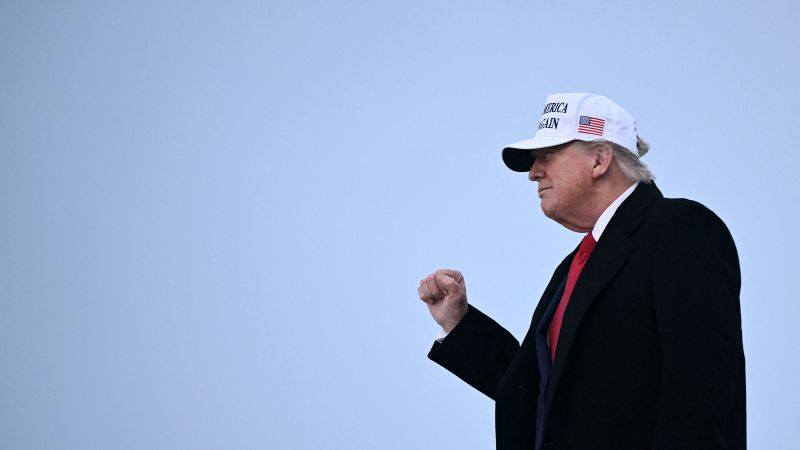Ethics watchdogs have not held back in their criticism of President Donald Trump, labeling him as one of the most corrupt and conflicted presidents in US history. Recent events, such as private dinners with wealthy investors for his personal memecoin fund and accepting a $400 million luxury airplane from Qatar, have only heightened concerns. Furthermore, the launch of Trump Mobile, a wireless service regulated by federal agencies led by Trump appointees, has raised eyebrows among ethics advocates.
While these watchdogs primarily blame Trump for his actions, there is also growing scrutiny on former President Joe Biden. Critics argue that the Biden administration missed a crucial opportunity to pass post-Watergate-style reforms, which could have prevented ethical breaches. Despite House Democrats passing an ethics and democracy bill in 2021, the Senate’s inaction stalled crucial legislation.
Some experts believe that Biden’s focus on other legislative priorities, such as Covid-19 relief and infrastructure, overshadowed the urgency for ethics reforms. The failure to strengthen existing laws and enhance transparency in government operations has left a void that Trump has exploited, reshaping the norms of acceptability in governance.
As the debate on ethical standards continues, watchdog groups are reflecting on past decisions and missed opportunities during the transition from the Trump to Biden administration. The ongoing struggle to enforce accountability and integrity in government highlights the challenging landscape of ethics in contemporary politics.

